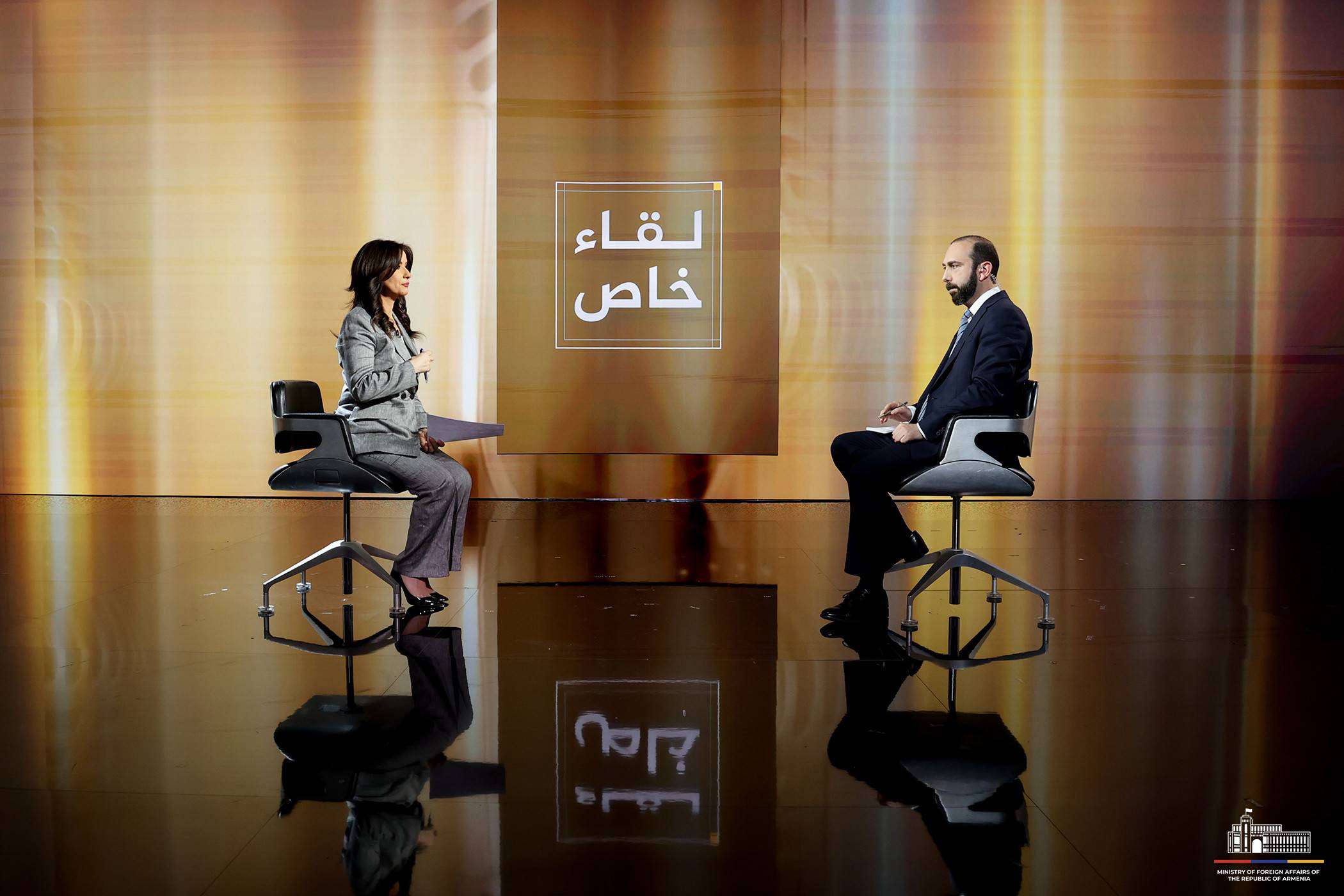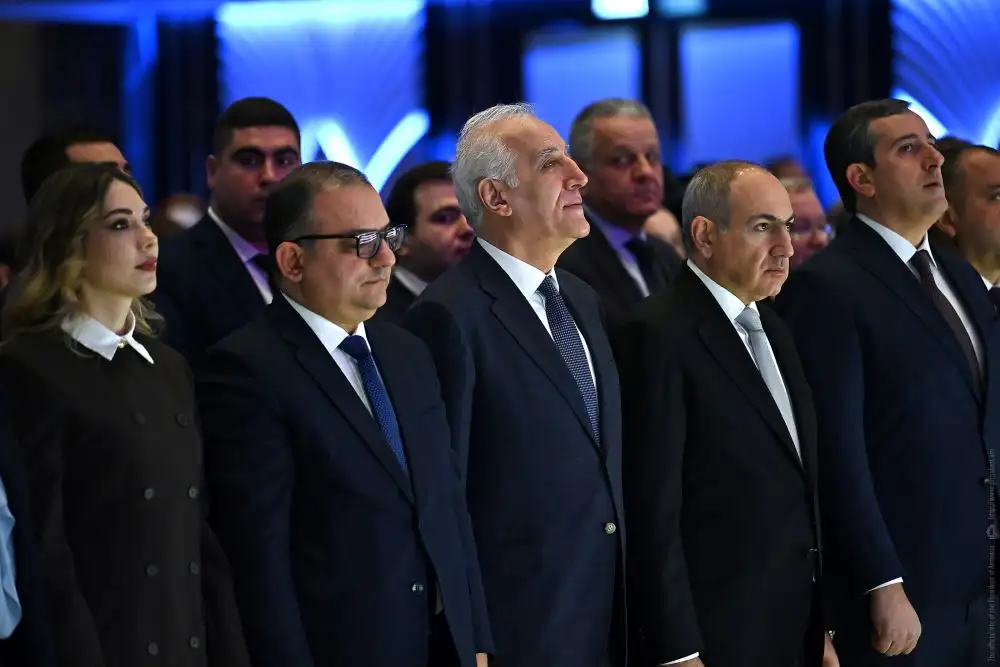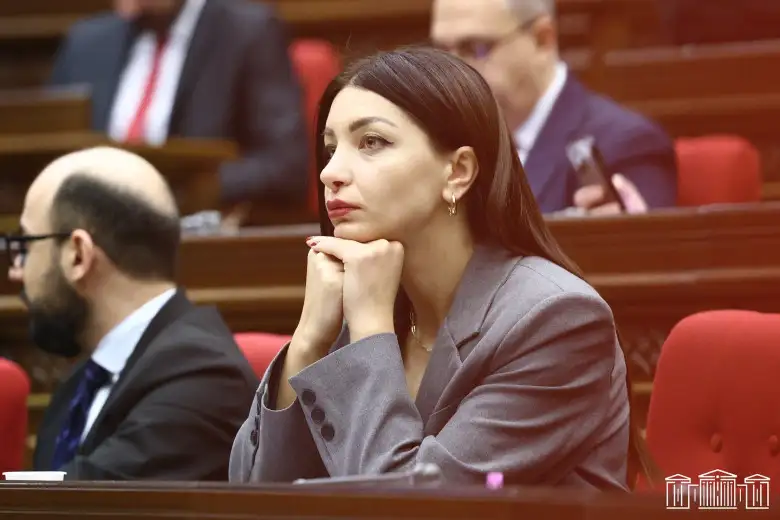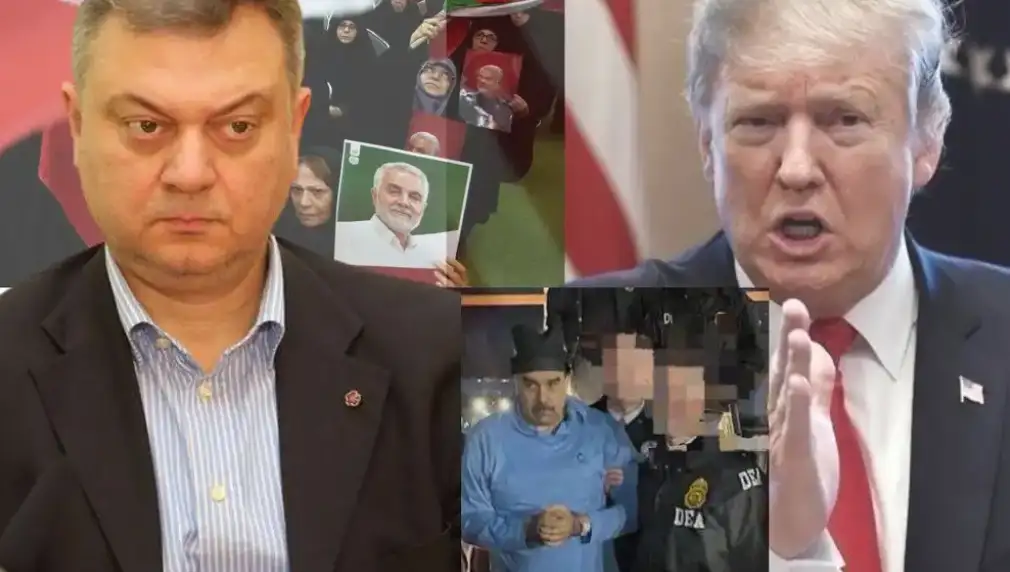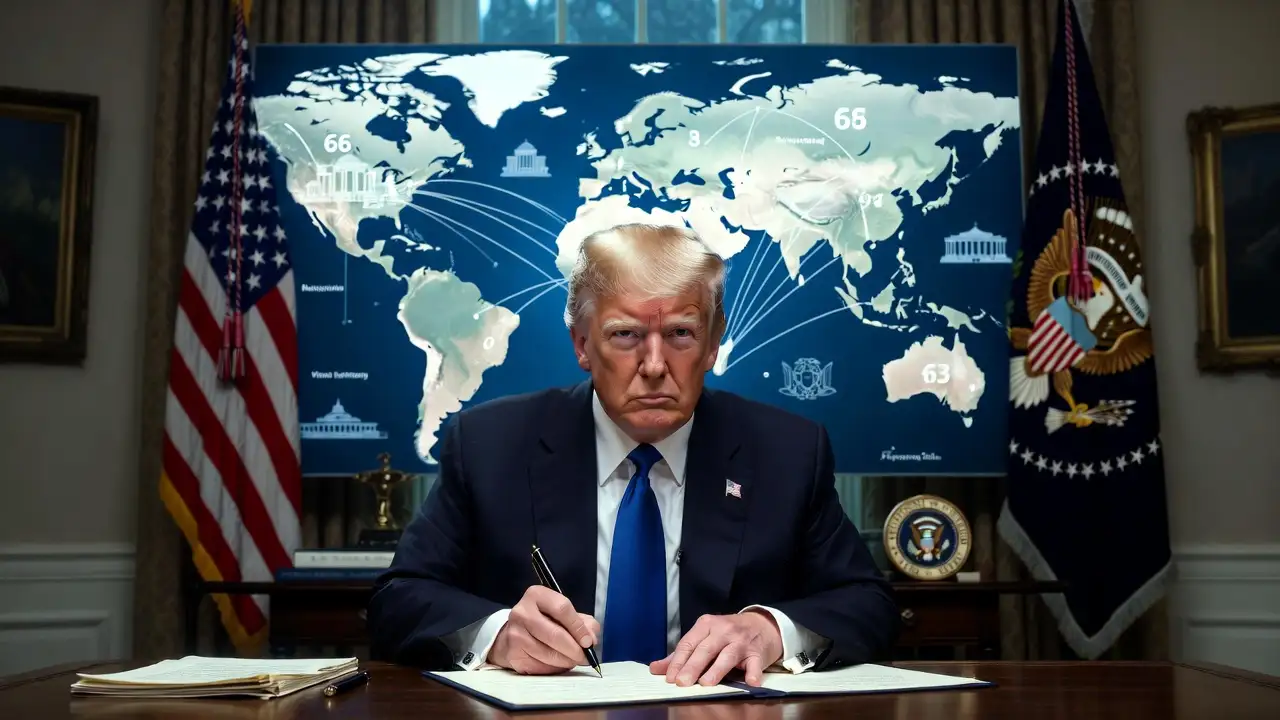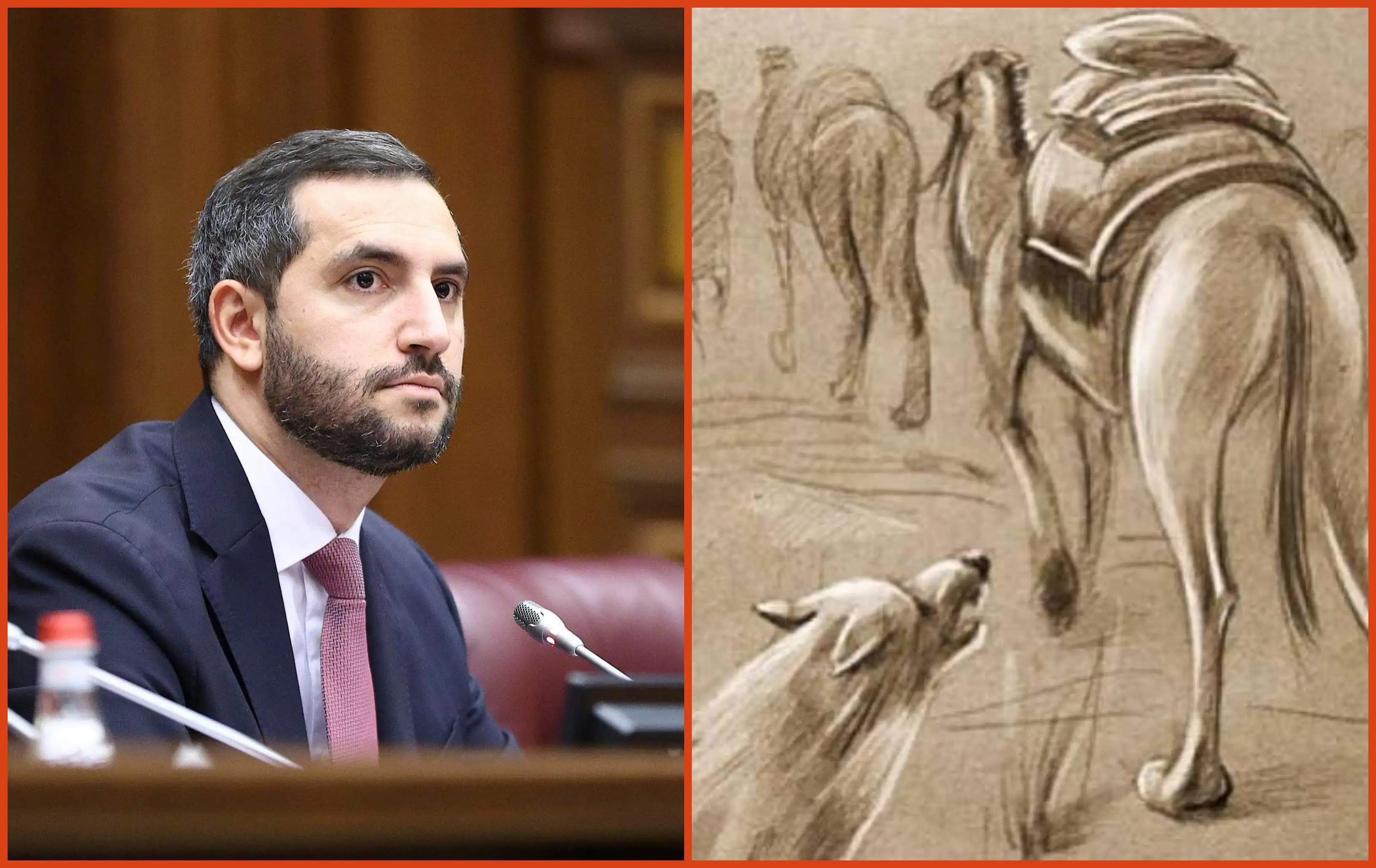On April 28-29, within the framework of the official visit to the State of Qatar, RA Foreign Minister Ararat Mirzoyan gave an interview with the pan-Arab leader, "Al-Jazeera." The interview was published in Arabic and English versions.
In the interview, RA's vision of achieving long-lasting peace in the region, the process of normalizing relations with Azerbaijan, the "Crossroads of Peace" developed by the RA government, RA's approach to the situation in Gaza and conflict resolution, and issues related to RA's relations with Russia, the EU, and the USA were discussed.
Question: Let's immediately address the relations with Azerbaijan. What is their state now after the developments around Nagorno-Karabakh?
Answer: We have started a peace process with the Azerbaijani side, and the Armenian side believes there is a real possibility of establishing lasting peace based on concrete principles, such as recognizing territorial integrity. The Prime Minister of Armenia and the President of Azerbaijan have publicly confirmed, and we have confirmed several times, that the mutual recognition of territorial integrity between the countries should take place and the process of further demarcation of the border should take place based on the 1991 Alma-Ata Declaration. This document was signed by the eleven socialist republics of the former Soviet Union in 1991. In this document, those republics noted that the former administrative borders between the Socialist Republics are now recognized as internationally recognized borders between the already independent states. Essentially, we have a border, mutually recognized territorial integrity, and distinction based on the Alma-Ata Declaration; this means that the borders that existed in 1991 must now be reproduced. Recently, the heads of the demarcation committee, the deputy prime ministers of the two countries, agreed that the boundary should take place based on the Alma-Ata declaration, and the regulations on the joint activities of the demarcation commissions should also refer to the Alma-Ata declaration. This is one of the principles, and if we manage to mention the Alma-Ata declaration as a political basis for delimitation and as a political basis for mutual recognition of territorial integrity in the draft peace treaty that we are currently negotiating, then we can say that we are very close to the final settlement.
Question: Are there any obstacles to implementing the demarcation of borders and other agreed-upon principles? Is there an obstacle to completing these arrangements in order to achieve a full normalization of relations with Baku?
Answer: The problem is that although our leaders have repeatedly reaffirmed mutual recognition of territorial integrity based on the Alma-Ata Declaration that I just spoke of, we see our neighbors still showing reluctance to refer clearly and unambiguously to the Alma-Ata Declaration, the draft of the peace treaty, which is a more comprehensive document, and which the two countries are about to sign. So, by the time we agree on this in the context of a peace treaty, we will be very close to concluding it.
There are several other issues, such as the unblocking of regional infrastructure, which is also under discussion. In this context, it is crucial to understand that Armenia is not only prepared but also eager to become a part of international transit routes, which is why our government introduced the "Crossroads of Peace" initiative. We firmly believe that if the embargo is lifted, it will not only enhance the economic prosperity of the region but also play a significant role in establishing peace. Therefore, we are prepared to unblock all regional transport infrastructures, primarily with Azerbaijan, but also with Turkey, recognizing that this project will help bridge the East to the West, the North to the South. If this plan is implemented, it will provide another promising avenue to connect the Persian Gulf countries with the Black Sea economic region. According to this concept, disarmament should occur with full respect for the sovereignty and jurisdiction of countries, but also according to the principles of equality and reciprocity.
Question: Is Yerevan reviewing its relations, alliances, and affiliations with certain regional or international formats at this stage? Is membership in the European Union and NATO on Armenia's agenda?
Answer: You know that there have been several invasions of the sovereign territory of the Republic of Armenia in the past few years, and we are a member of the CSTO, the Collective Security Treaty Organization, whose mission is to protect the sovereign territories and borders of the member states. So when those intrusions happened, we didn't see proper action from our organization. It would help if you also remembered that the CSTO is a military-political alliance, which, as I said, is meant to protect the borders of the member states. The lack of a proper response raised questions in Armenian society, and we do not want to be part of a dysfunctional mechanism. Armenia is still a member of the CSTO, but we have to work so that all the mechanisms that have been defined work, and there is a need for it.
Question: So, does that imply a different relationship with Russia?
Answer: There are specific problems and issues in the context of Armenian-Russian relations, and yes, we have a dialogue on those issues. Some issues require complete and mutual understanding, but such problems exist in all relationships. We are deepening our relations with other partners, including the European Union and the USA, in implementing parallel democratic reforms and ensuring stability along the Armenian-Azerbaijani border. They are our main partners in ensuring democratic reforms and diversification of the economy, etc. It is already the second year since the presence of the EU civilian observation mission along the Armenian-Azerbaijani border has been an essential contributing factor to this situation.
Question: Mr. Mirzoyan, the Israeli war in the Gaza Strip has been going on for about six months. How does Yerevan follow this war, and what are its consequences?
Answer: We are definitely against targeting the civilian population. We found ourselves in a similar situation when around 100,000 Armenians were forced to leave their historical homeland to save the lives of their family members. So, we are against targeting civilians. We recently sent humanitarian aid to help alleviate people's suffering in a similar situation. In general, we have always supported the peaceful settlement of the conflict and the solution of the long-standing conflict and the Palestinian issue on the basis of the "two-state" principle. In addition, we are ready to support the protection of cultural and spiritual heritage, primarily written heritage; we have a world-renowned manuscript repository where we can temporarily host manuscripts if needed, move them out of the conflict zone, and then return them when things settle down.
Question: Mr. Mirzoyan, you sent humanitarian aid to the Gaza Strip, but what about Yerevan's approach to stopping the ongoing war and making recommendations about it? Do you discuss it in certain international circles?
Answer: We want the issue to be resolved peacefully and hostilities to end, and if official Yerevan can help in this context, we are more than ready.




